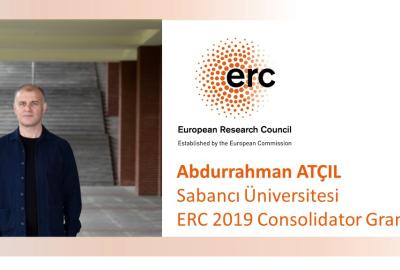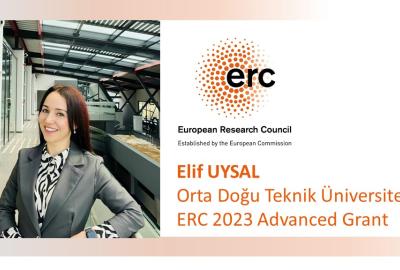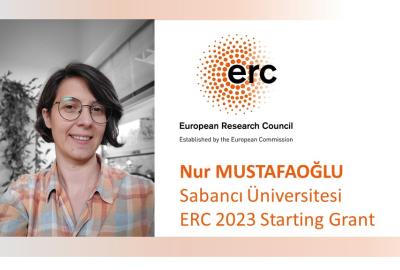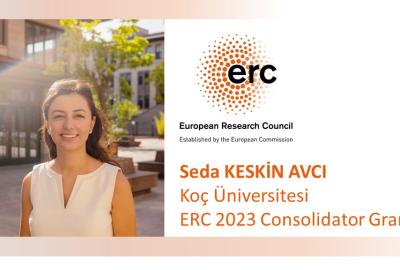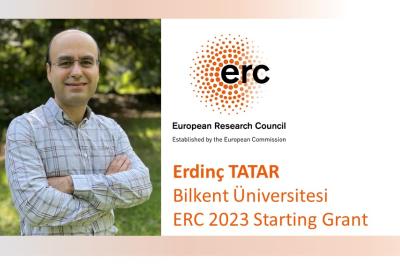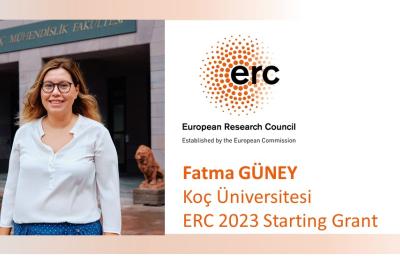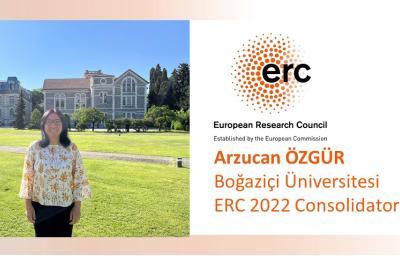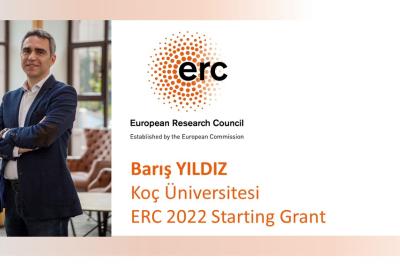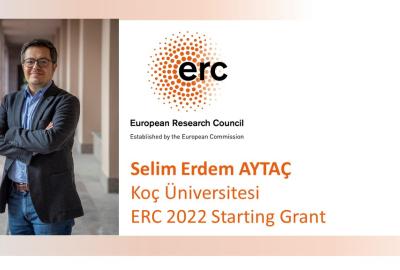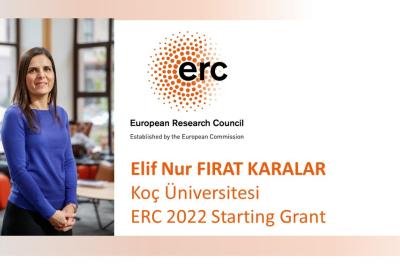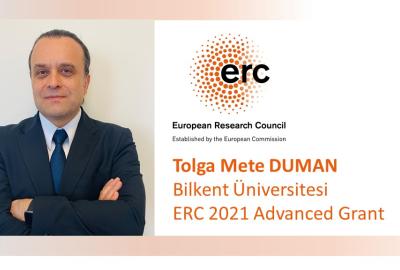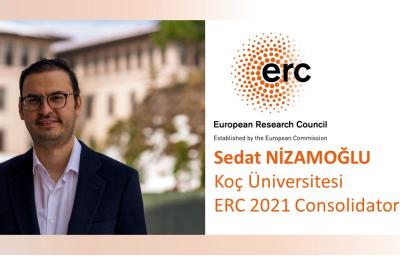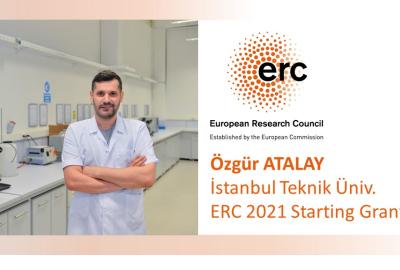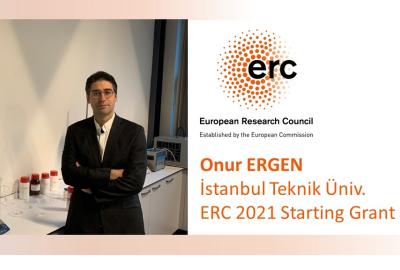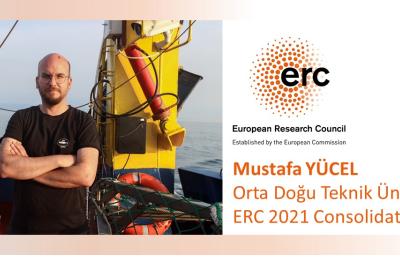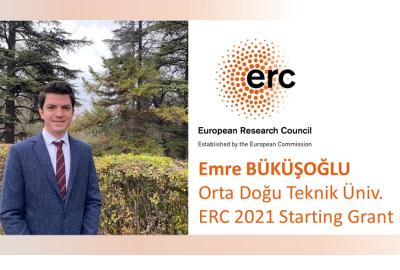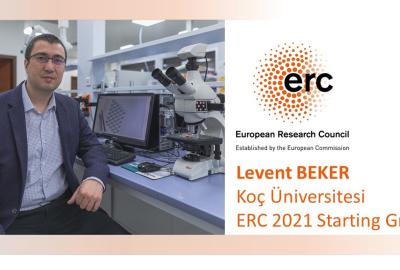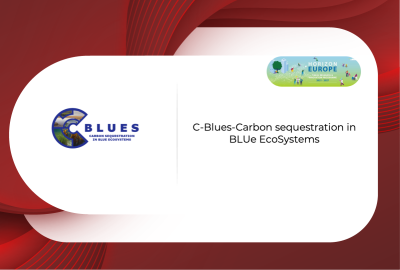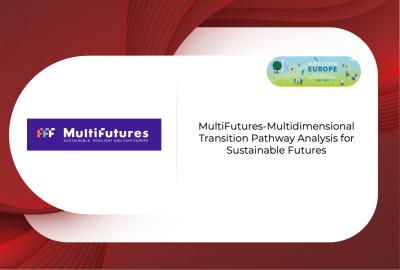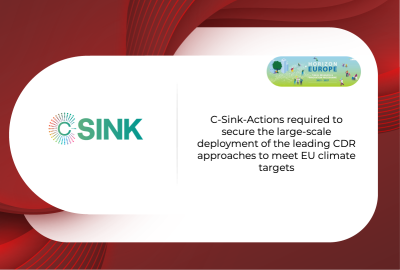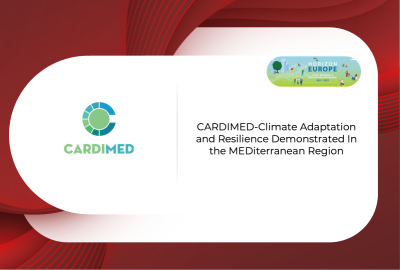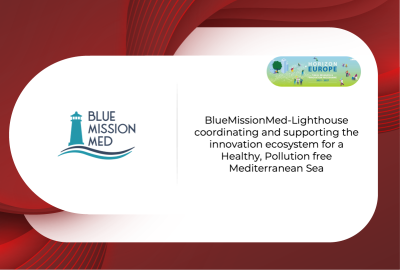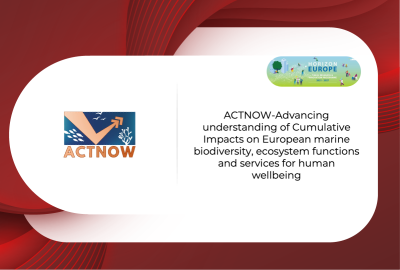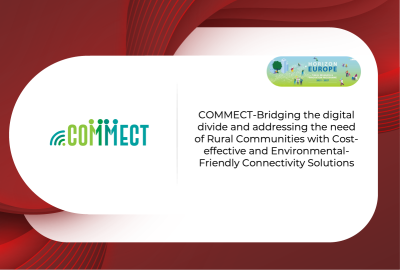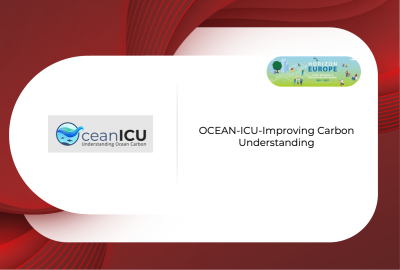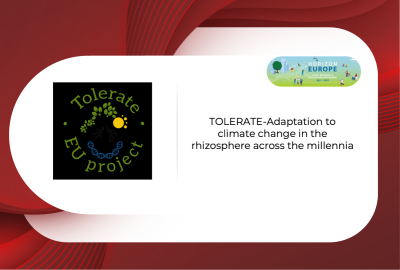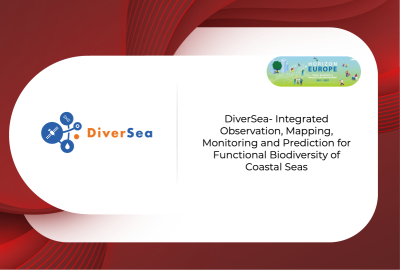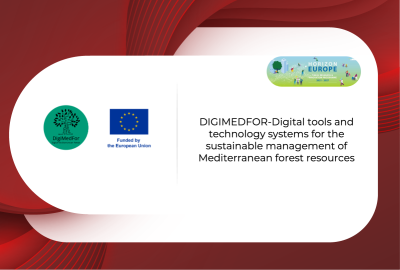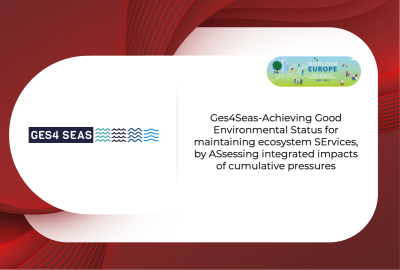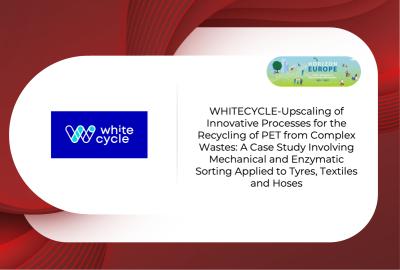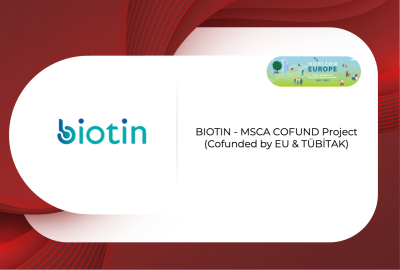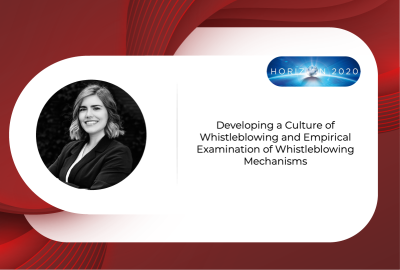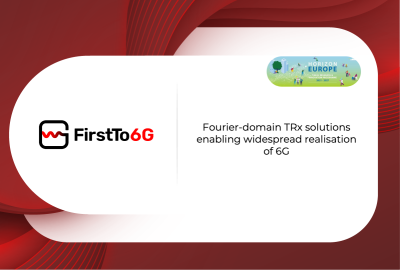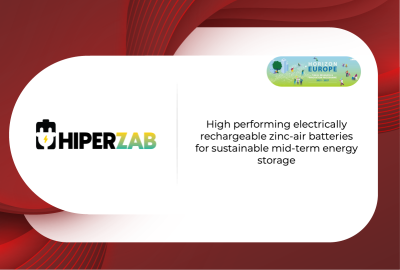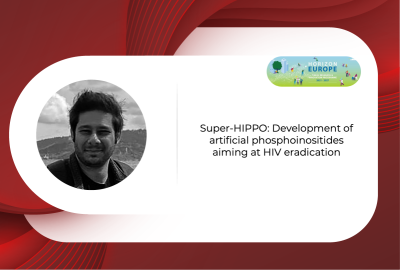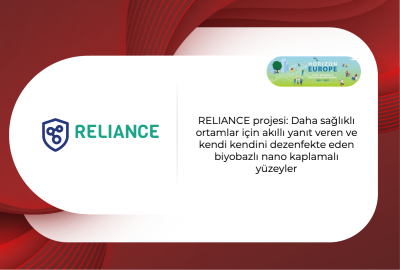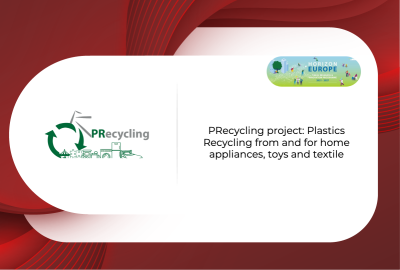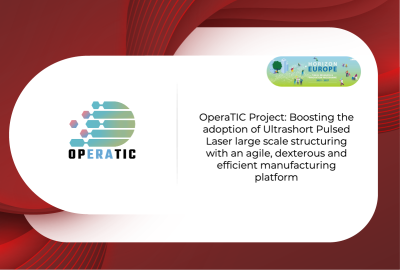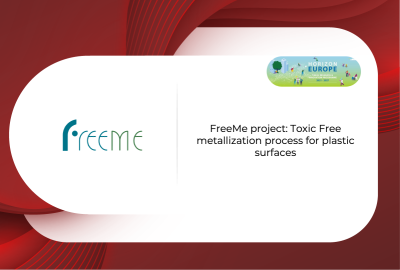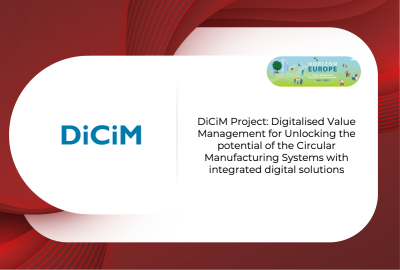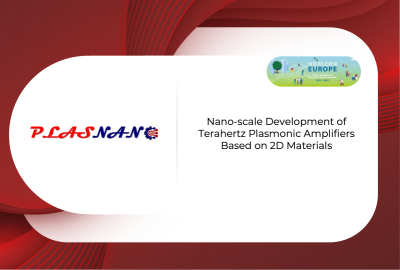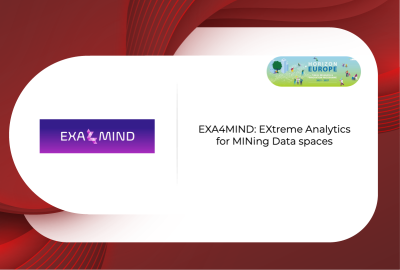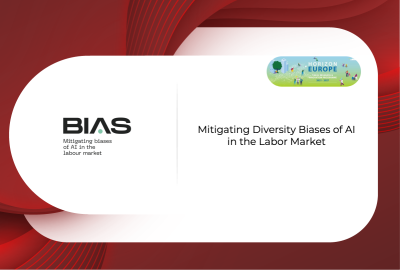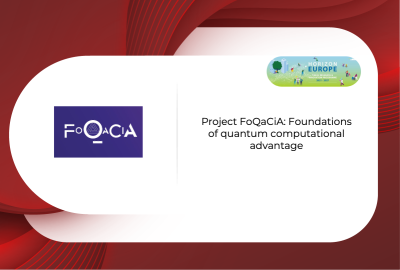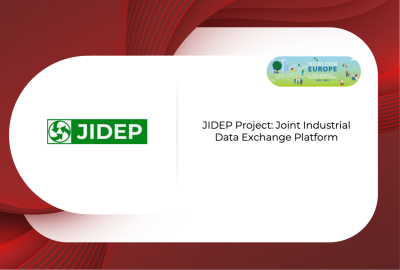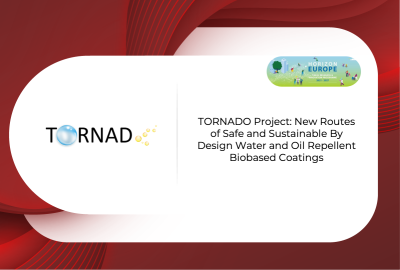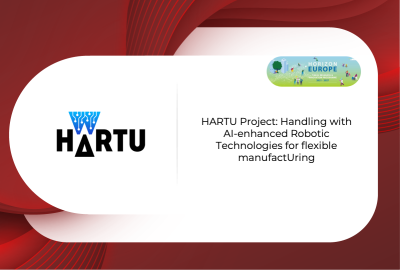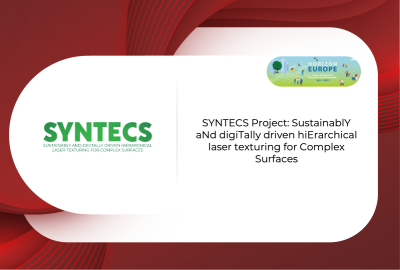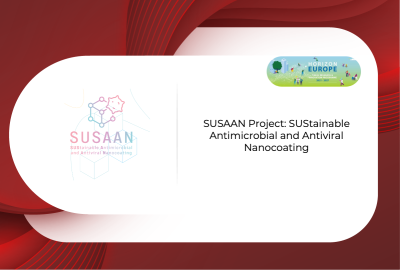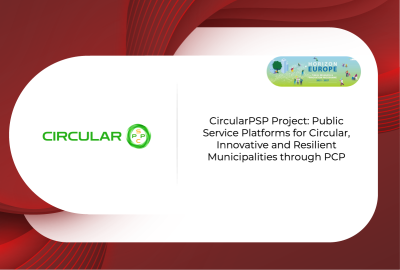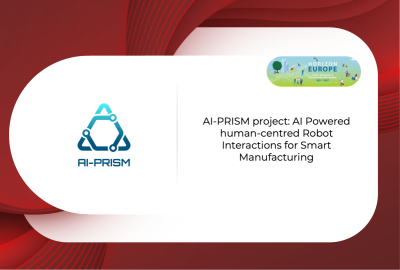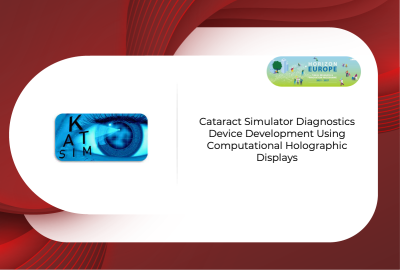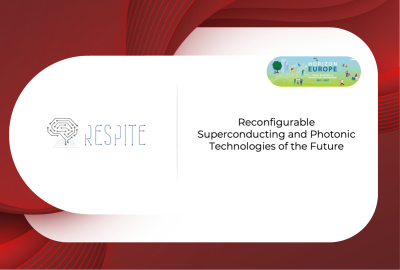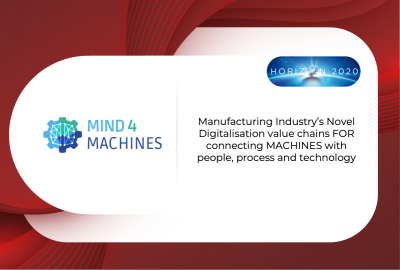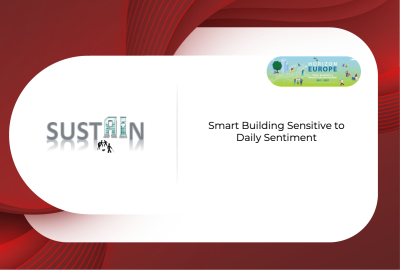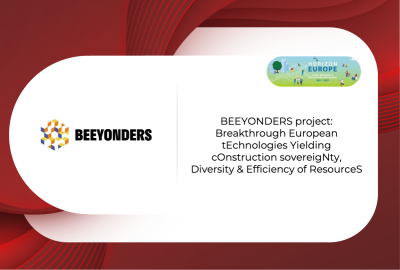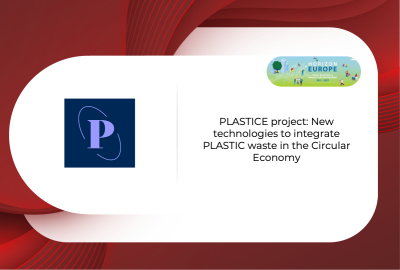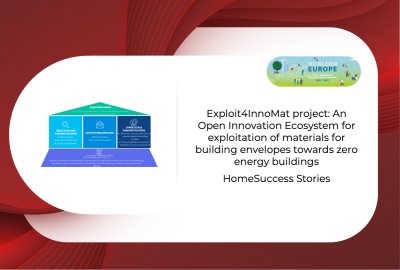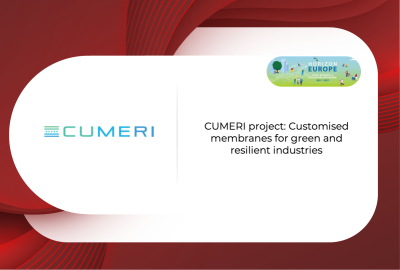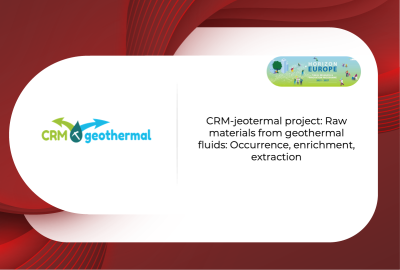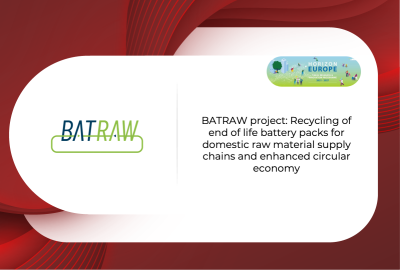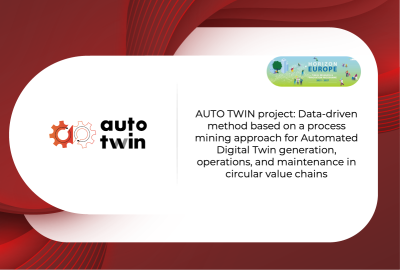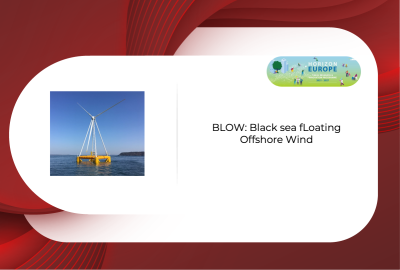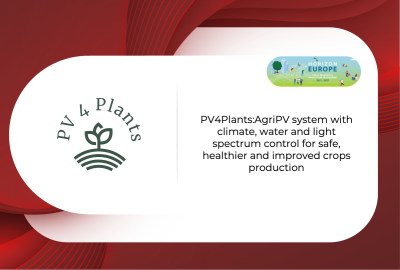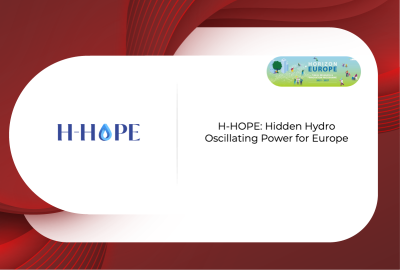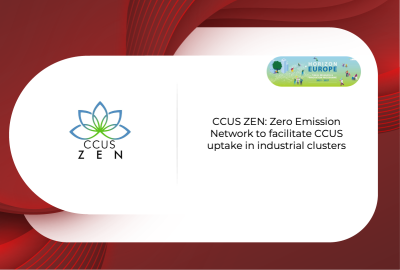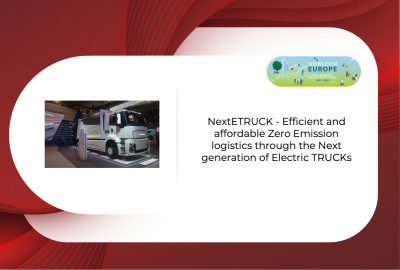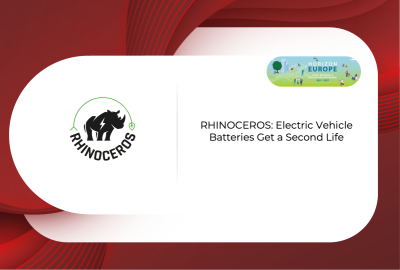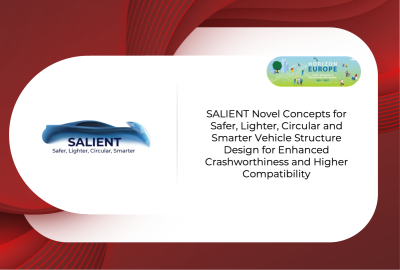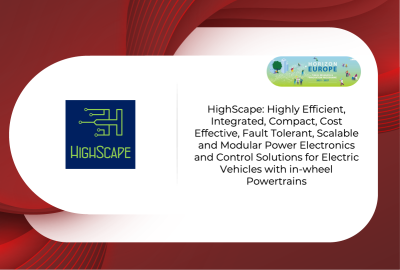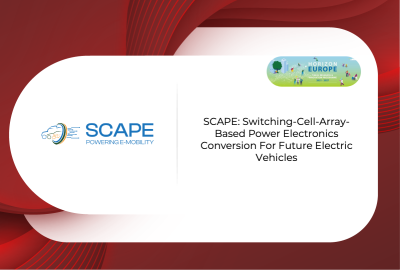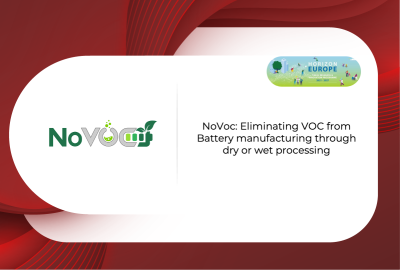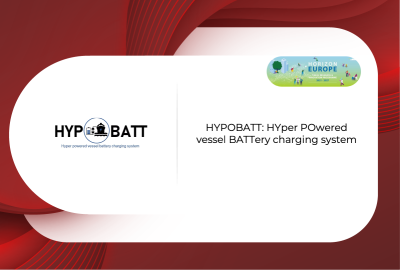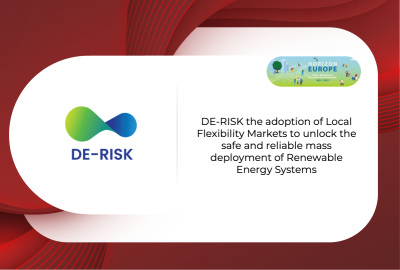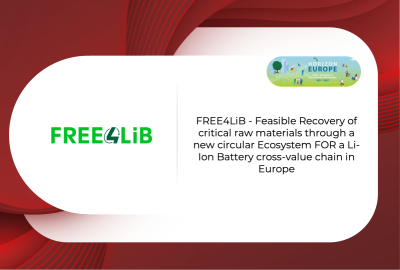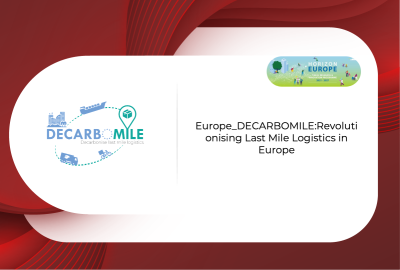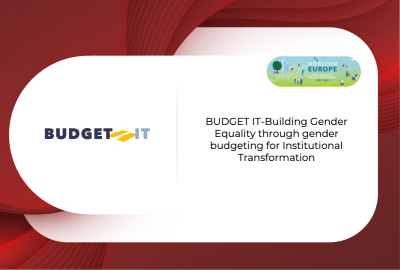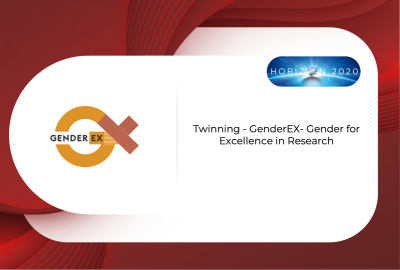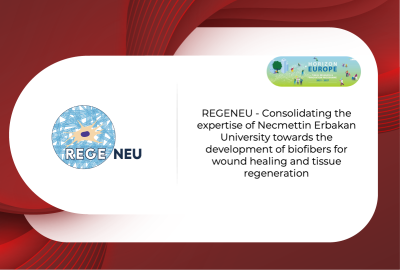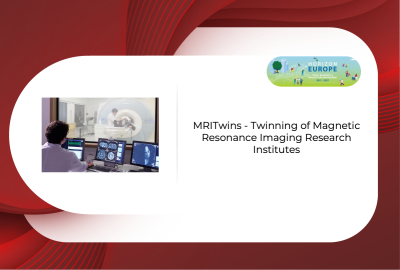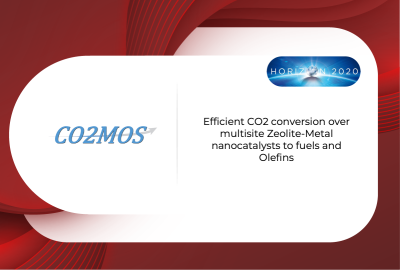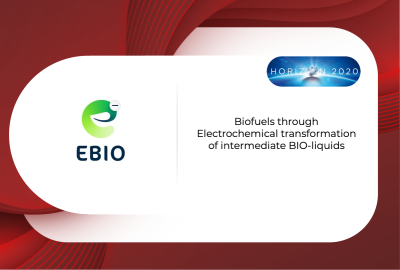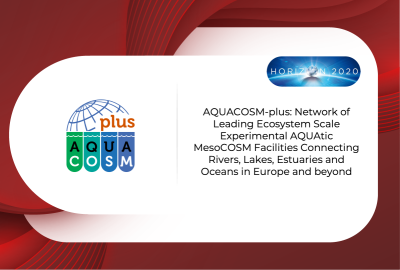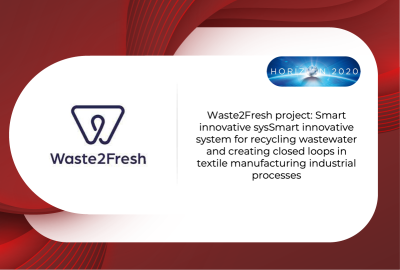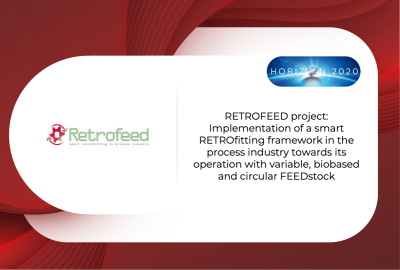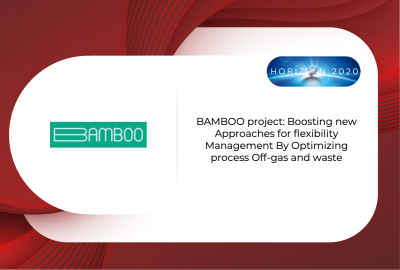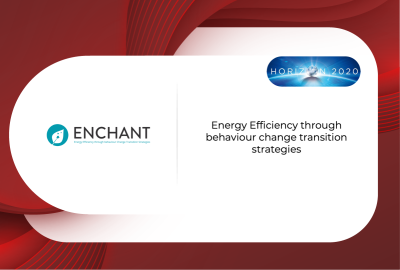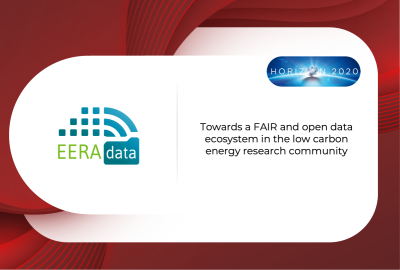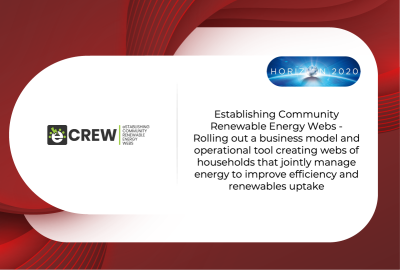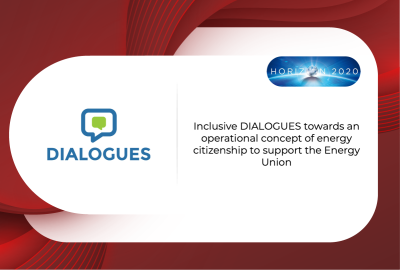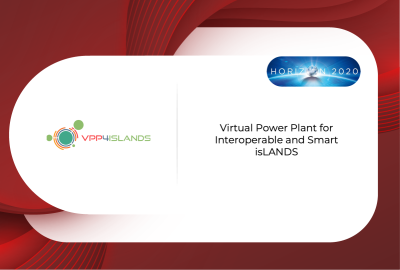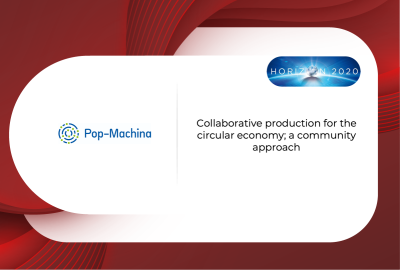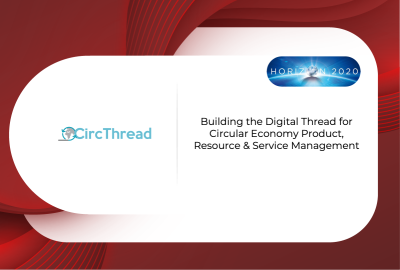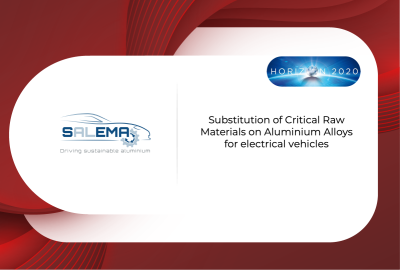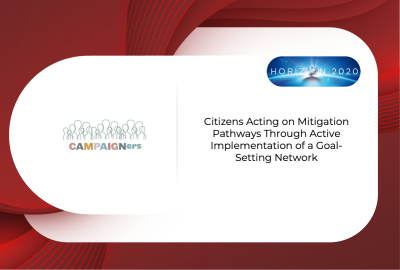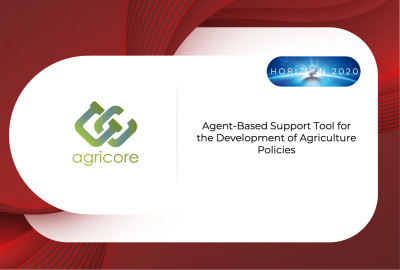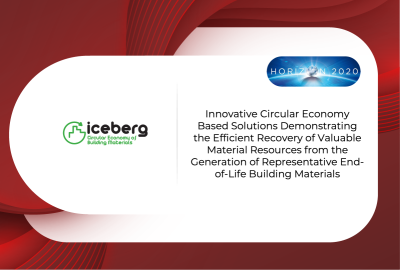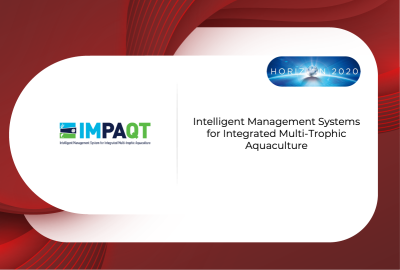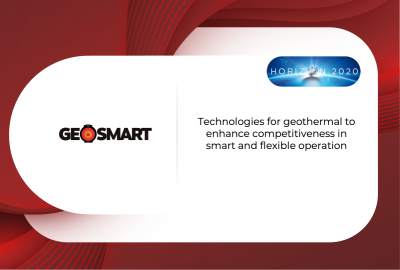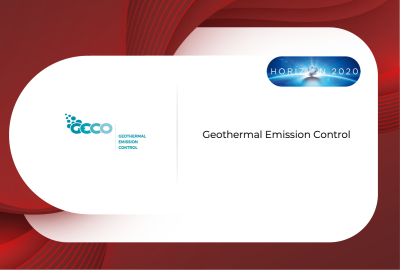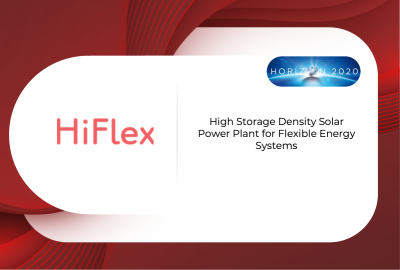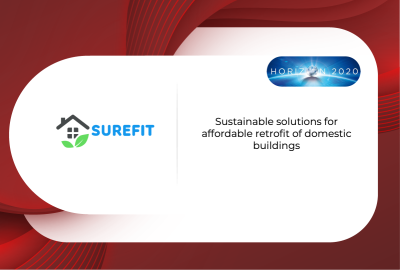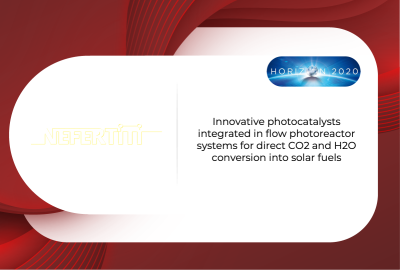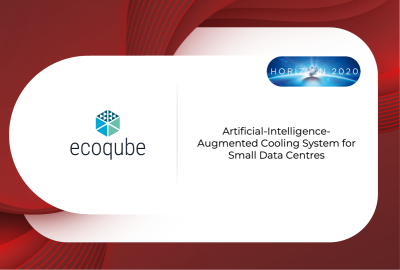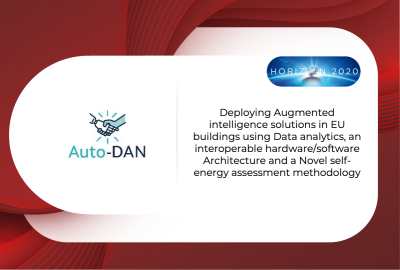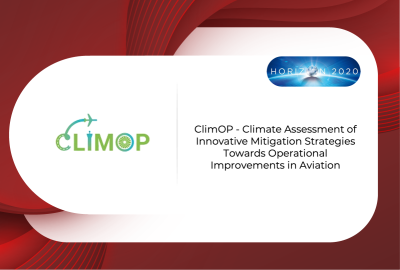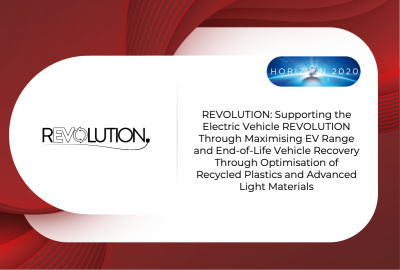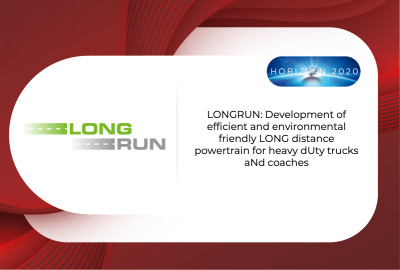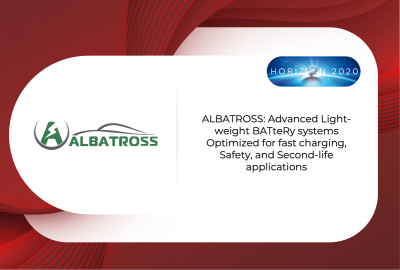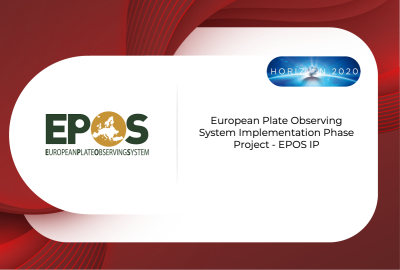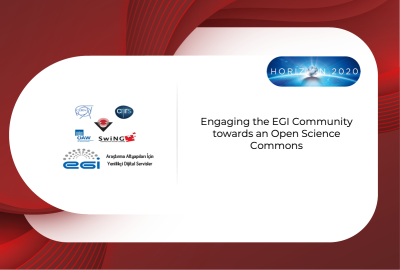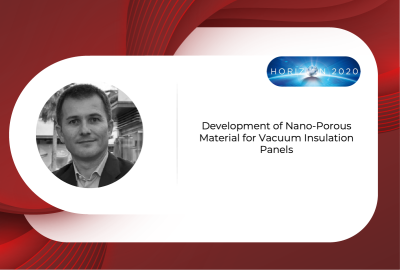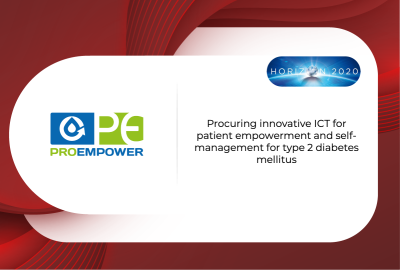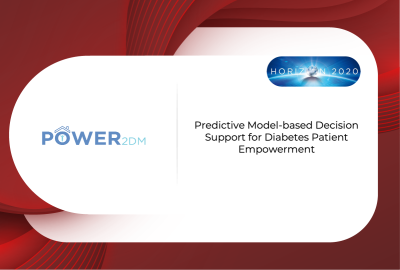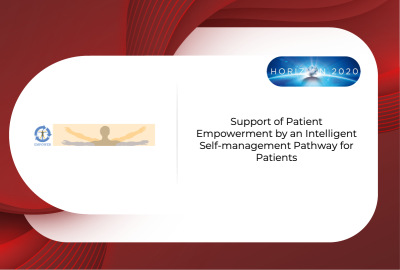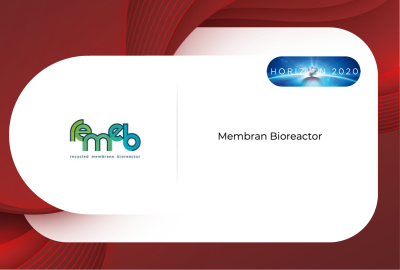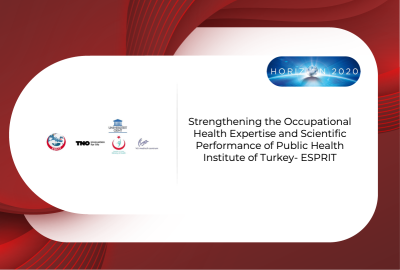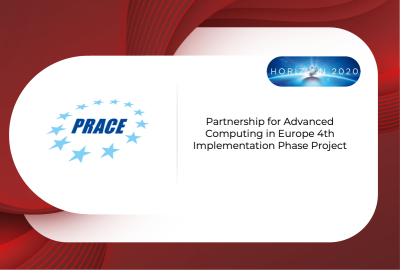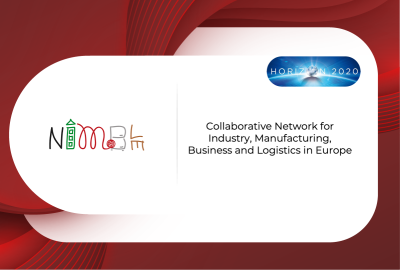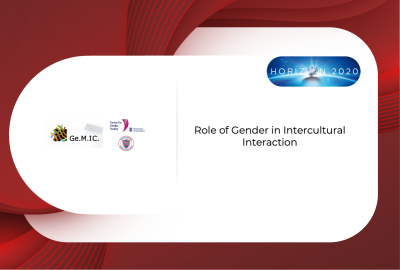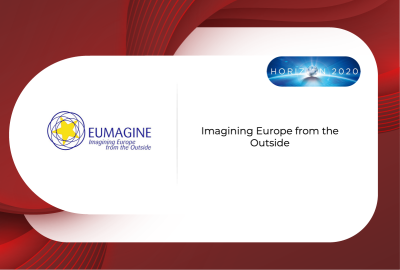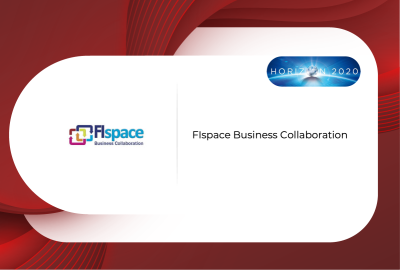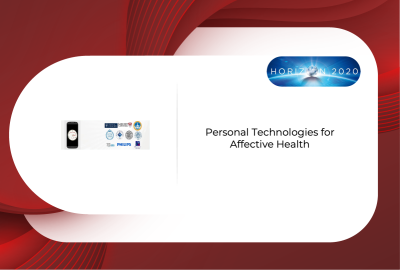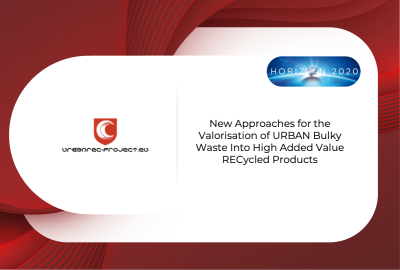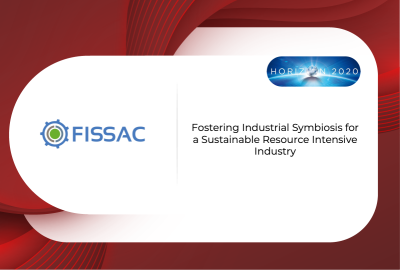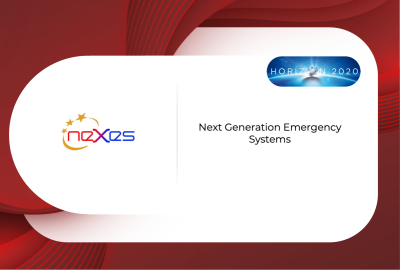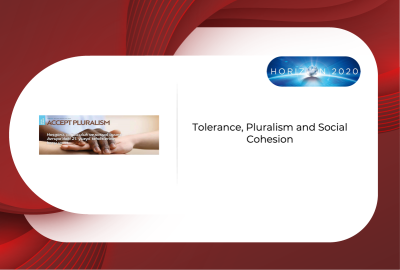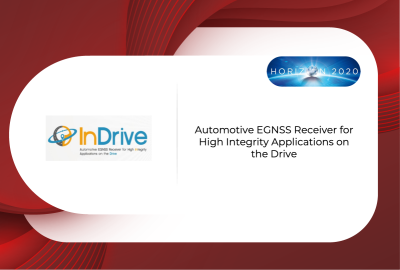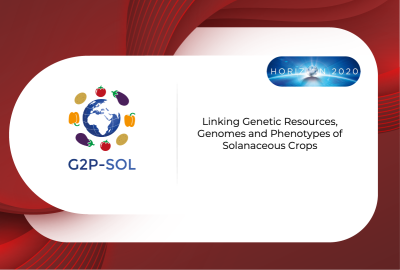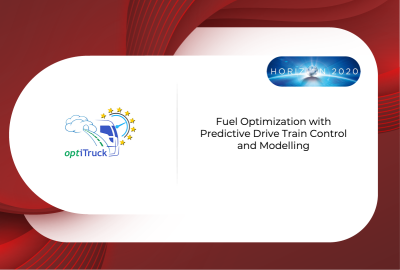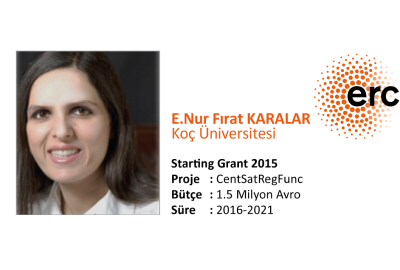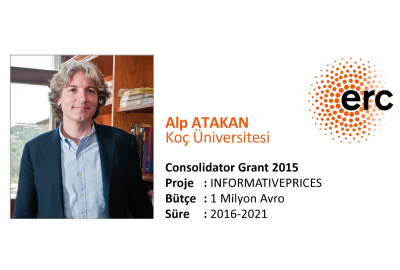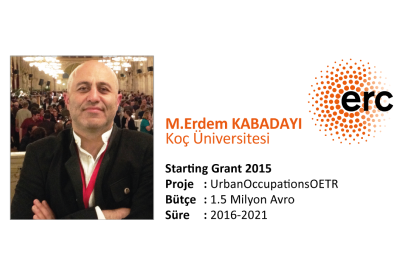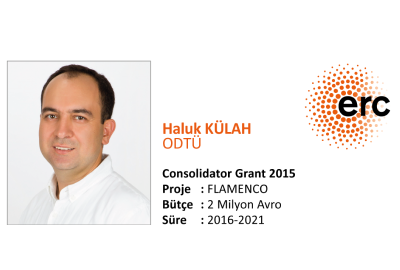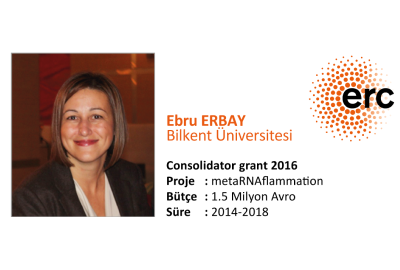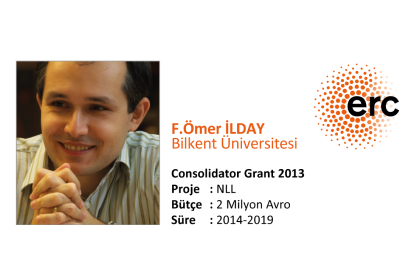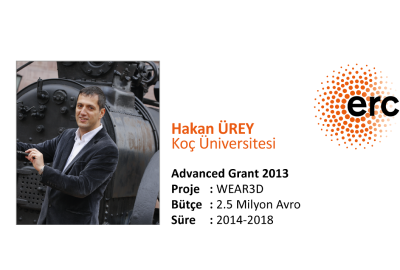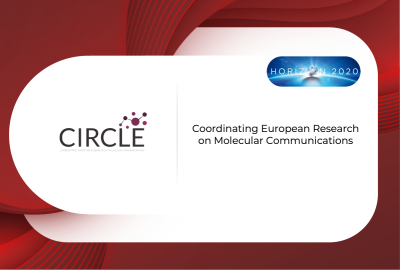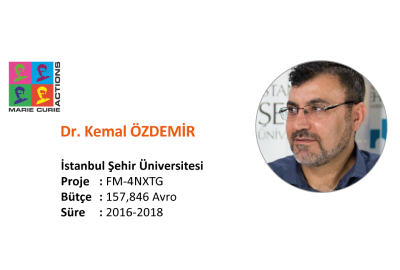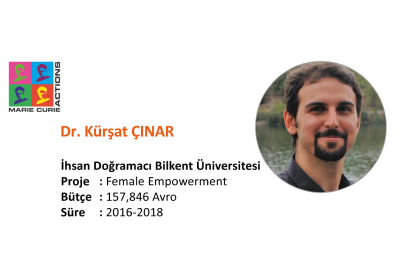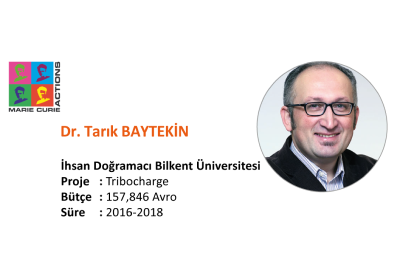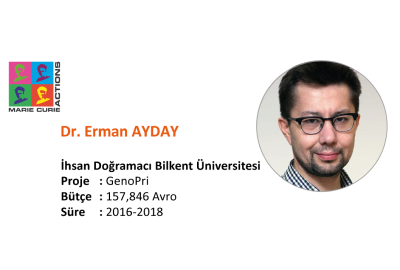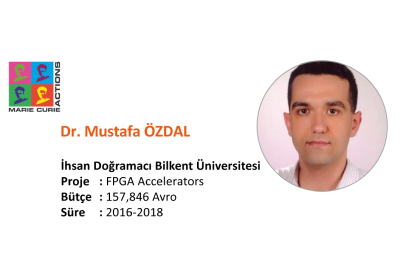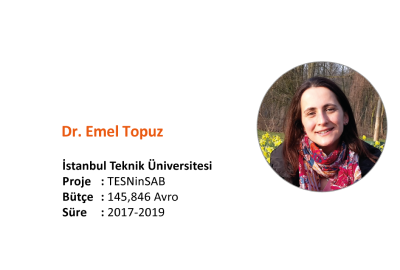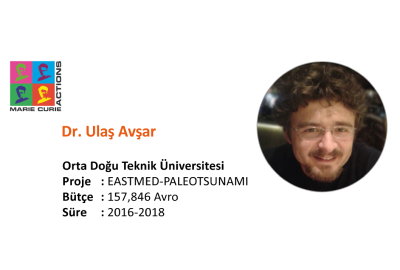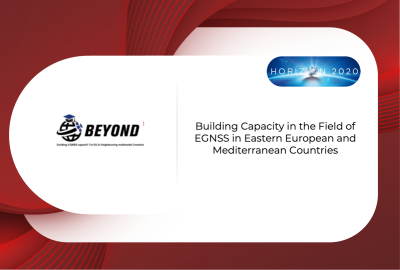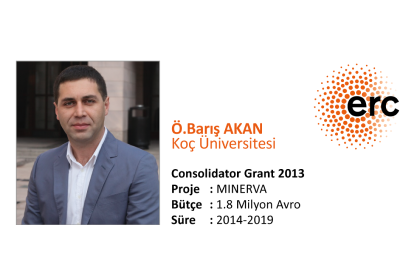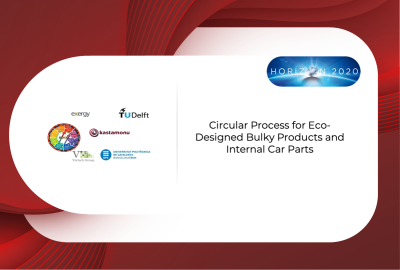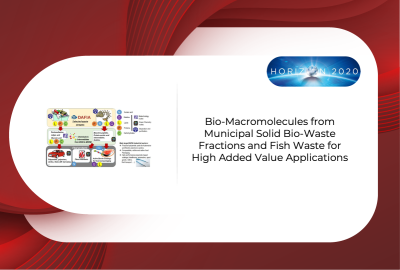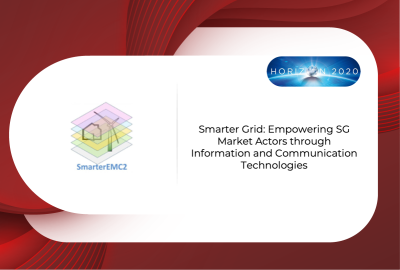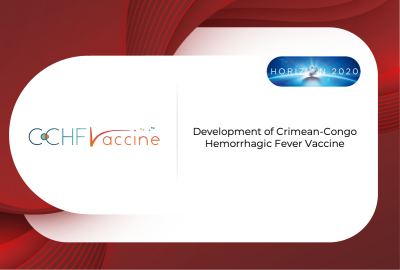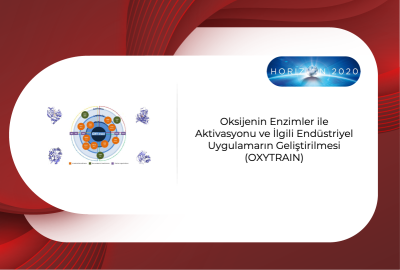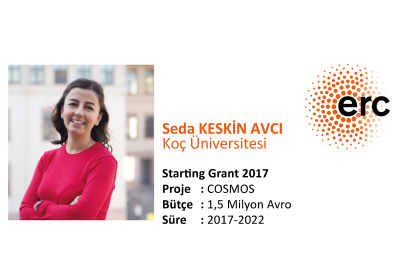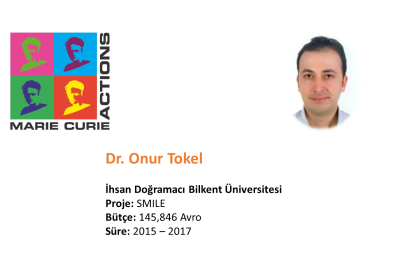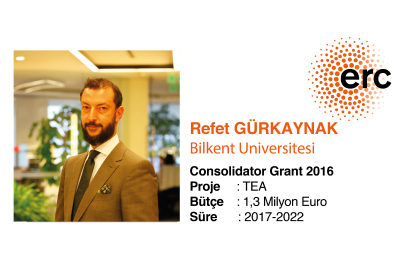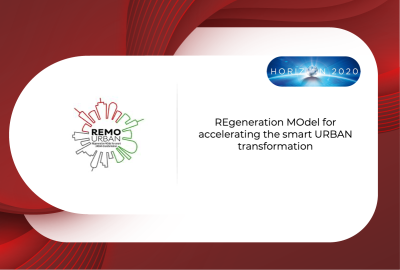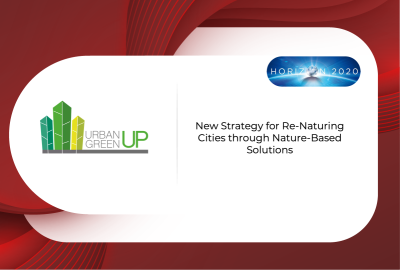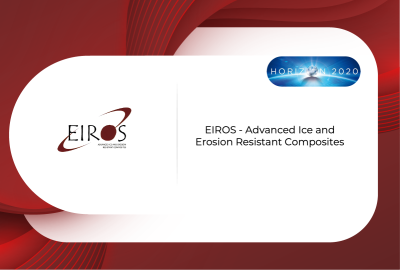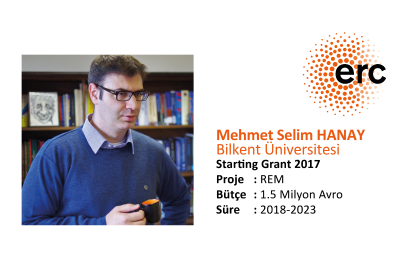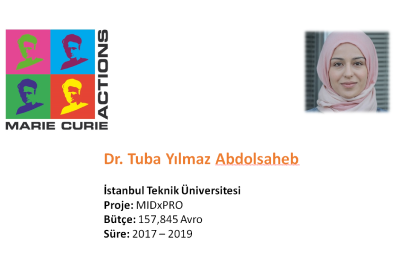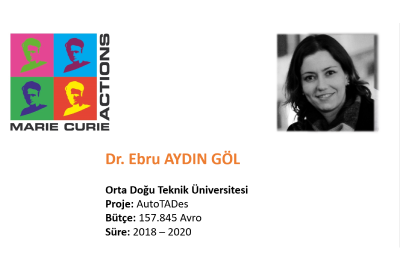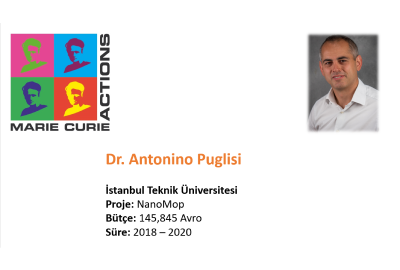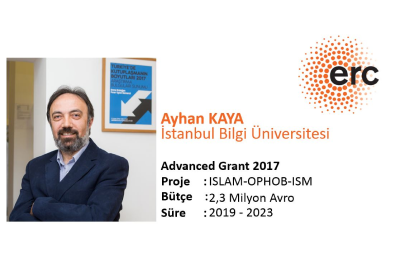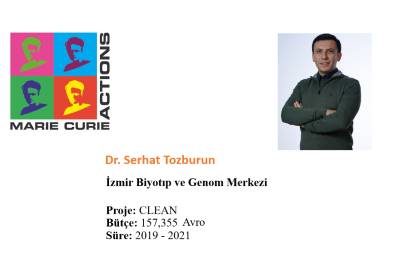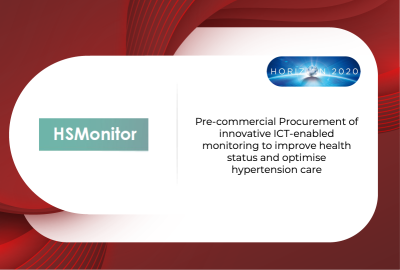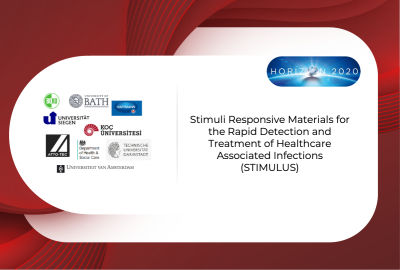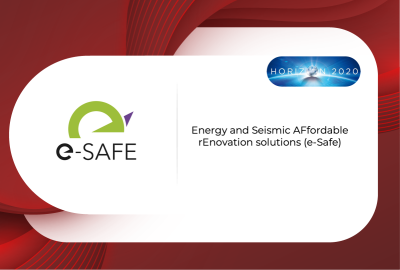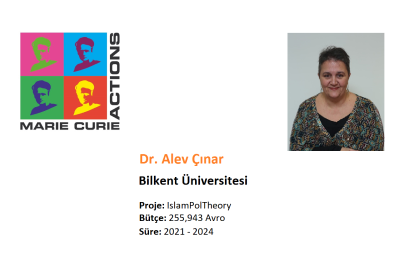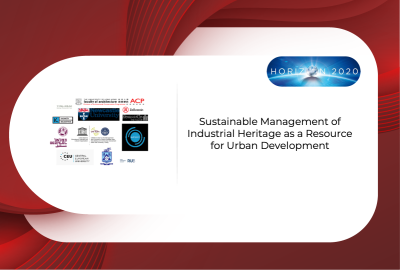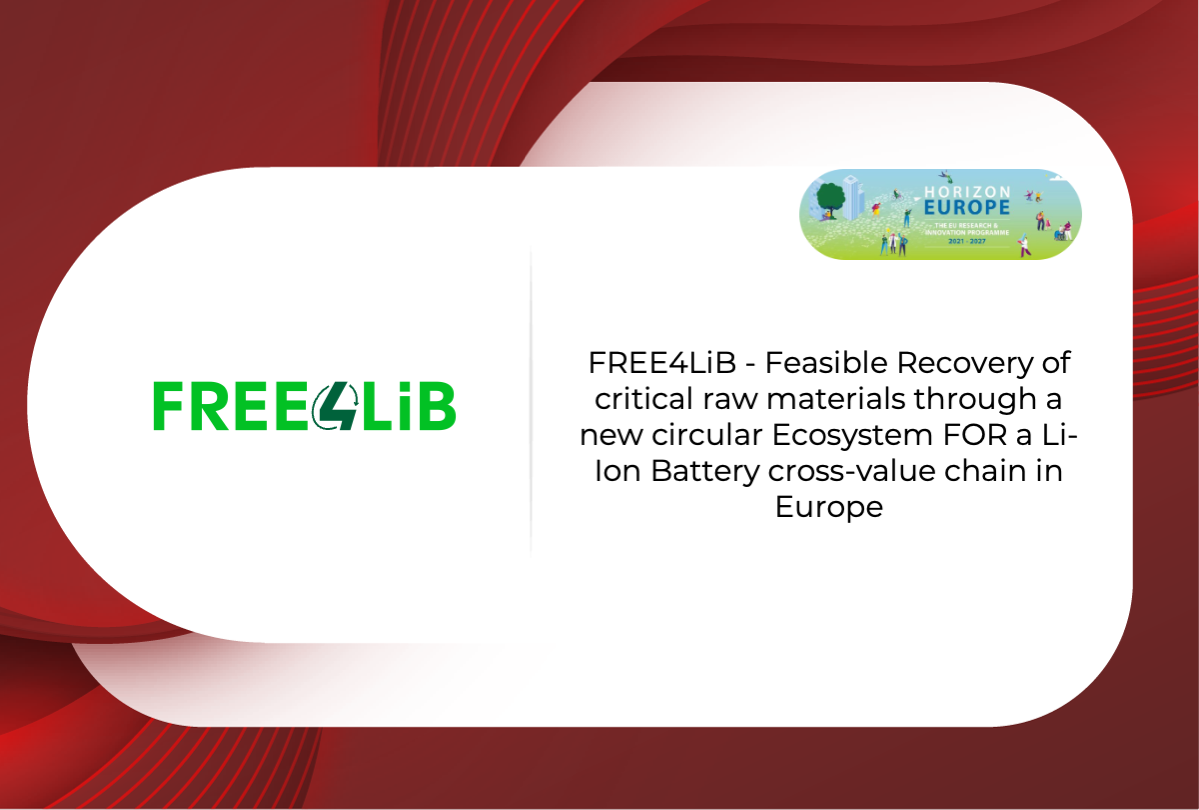
Coordinator
Fundacion Cartif
Project Total Budget
€ 9.283.175
Turkish Partners
NESSTEC Enerji ve Yüzey Teknolojileri Sanayi; Ticaret Anonim Şirketi Sakarya Üniversitesi
Desteklendiği Program ve Alan
Climate, Energy and MobilitySupported Framework Program
Ufuk Avrupa- Küme 5: İklim, Enerji ve Mobilite HORIZON-CL5-2021-D2-01-06 — [Sustainable, safe and efficient recycling processes (Batteries Partnership)
Project Website
https://www.freeforlib.eu/Aim of the Project
- The negative environmental impacts results from the linear ‘take, make, dispose’ and dominant economic models of our time, traditionally adopted by the decision-making of main stakeholders around mobility, are changing thank to EV's irruption, but Lithium-Ion Batteries (LIBs) are not yet green enough to reduce mobility footprint to lowest levels. Thus, recycling has to be developed to achieve higher efficiencies and recovery rates to reintroduce Critical Raw Materials from End-of-Life (EOL) LIBs. Recycling technology is still at the lab-scale due to the complex structure of EOL LIBs. Currently, pyro-metallurgy is the most applied method in the industry. Although this process does not need pre-treatment, its energy-wasting and equipment investment is large, and it will cause serious pollution. In response to these problems, many companies have developed hydrometallurgical processes that can recover Li and Al with low energy consumption. However, it requires pre-treatment, leaching, purification, and other steps, and it could be a long way.
- FREE4LIB aims to develop at TRL 5-6 technologies to achieve 6 new sustainable and efficient processes to recycle EOL LIBs (dismantling, pre-treatment, and 4 materials recovery processes) delivering innovative recycling solutions to reach highly efficient materials recovery (metal oxides, metals, and polymers) improving the supply of secondary resources at EU level. FREE4LIB also delivers 3 processes aiming at metals and polymers re-using and electrode synthesis for re-manufacturing new LIBs, and it will study options to harness non-reusable elements. It will also deliver a Battery Passport (BP) methodology to improve processes traceability.
Importance in Solving Global Problems
One or more electric motors power electric cars and micro-e-mobility. They receive electricity by plugging it into the grid and storing it in batteries. LIBs have been recognized as one of the most practical and commercially feasible batteries for e-mobility. FREE4LIB aims to close the loop of materials present in LIBs shifting the approach from recovery and re-use. FREE4LIB addresses all the stones in the road from a technological side while keeping on the loop waste collectors, recyclers, manufacturers, and users, as well as social, behavioral, political, and economic dimensions. Only then will a new framework to introduce recovered materials in LIBs be achieved. The catchword is to design, develop, test, and validate highly efficient, safe, reliable, and cost-effective integrated processes, combining innovative technologies with existing and emerging ones, able to recover most materials from EOL LIBs, minimizing waste disposal and environmental impacts (design for recycling). The recovered materials include metal oxides, polymers, and metals (Al, Cu, and steel). Once recovered, they will be evaluated by characterization analysis to meet the requirements needed to reintroduce them into new cells (electrochemically tested). FREE4LIB proposes a 48 months research project to achieve a sustainable, secure, and efficient material recovering from EOL LIBs to reintroduce those materials into the battery value chain and achieve a high level of circularity. To do so, the project methodology follows a logical flow related in a coherent way to the three main drivers, waste collectors, material recyclers, and battery industry (manufacturers), in order to place value on the LIBs value chain.
Industrial Innovation (including innovation in services as well as products and processes)
- According to Batteries Strategic Research Agenda, materials contained in spent batteries are already valuable to be recycled and recovered, although only less than 5% of spent LIBs are currently recycled. Many companies have adopted pyro-metallurgical or hydrometallurgical to address the issue of recycling spent LIBs.
- Firstly, pyro-metallurgy methods have been commercialized at an industrial scale, but their high energy requirement and hazardous gas emissions are the main drawbacks. On the other hand, hydrometallurgical methods require a large amount of leachate to ensure high efficiency, being a key challenge for wastewater treatment and waste acid recovery. In addition, these processes mainly recover Li and Co, so no recycling technology can produce pure enough elements to be used in LIBs. Thus, technologies do not achieve “closed-loop” recycling yet; instead, recycled Li, for example, is used to produce lubricants, glass, ceramics, and other products.
- Recovery of LIBs is in the initial stage, as neither at research nor industrial level can achieve the perfect recovery, namely safety, low cost, low energy consumption, and no pollution. The overall ambition of FREE4LIB is to significantly advance the current state of the art in the material recovery from spent LIBs and the re-use of the materials. For it, FREE4LIB will introduce effective combinations of existing technologies and high-potential innovations (techno-economic feasible processes) in battery recycling technologies, thus improving the sustainability of European Battery Partnership and treatment systems and reducing the negative impacts on air, climate, and soil, thus promoting the commercialization of new LIBs with recovered materials.
- Another issue is that two versions of the same car model may have different battery chemistries. Besides, the lack of compositional labeling for easy identification and shredding is a barrier to more nuanced recycling schemes. Most battery packs contain no information about the anode, cathode, or electrolyte chemistry, meaning that cells from the different packs need to be dealt with the same process; this is why pyrometallurgy and comminution are the only acceptable methods of recycling at present. Developing a methodology based on the Battery Passport principles in FREE4LIB will enable the separation of different battery chemistries before processing and prevent contamination between different types of battery chemistry.
Its Effect on Foreign Dependency and Current Account Deficit
Today, the production of Li-ion batteries, including the security of raw material supply, is under the monopoly of far eastern countries. The need of our country and Europe for sustainable energy storage systems that can compete with the world is becoming more and more strategic. Until the 2050s, solar and wind energy is expected to provide 63% of the world's electricity. Starting in 2032, it is estimated that half of the new cars will be electric. That's why battery production has doubled since 2018. The unit cost of batteries is expected to decrease by 60% by 2030. However, raw material shortages are slowing this trend. FREE4LiB ensures that Li-ion batteries are brought back to the market in alternative application areas with their second life use, and at the end of their life, they are recycled, and a raw material source is created. In this way, it aims to reduce dependency on the Far East in Europe and our country.
Contribution to the Development of Professional Skills and Professional Abilities
FREE4LiB is a special consortium in which a wide range of disciplines works together, from materials to chemistry, from physics to electrochemistry, and from mechanics to electronics. In the project, where the capabilities of 22 partners from different sectors are blended, knowledge and experience are shared between the partners, thus the emergence of professional riches. FREE4LIB has also a relevant interdisciplinary approach involving several disciplines under Natural, Medical, Health, and Social Sciences, together with a highly active role in the Engineering and Technology applied to the cell manufacturing processes, including robotics and pilot’s conformation.
Contribution to the Development of Human Resources
FREE4LiB is a comprehensive consortium of more than 200 researchers, with 22 partners from 7 different countries. Each partner contributes to recruiting and training new researchers in their field of expertise. The most important issue emphasized by the European Commission at the Battery Innovation Days event held in 2022 is the lack of qualified technical human resources in the field of energy storage. FREE4LiB also serves to increase the number of self-developed researchers in this regard. Because the project includes academic and industrial approaches, it covers a wide range of research from the TRL2 to the TRL6.

